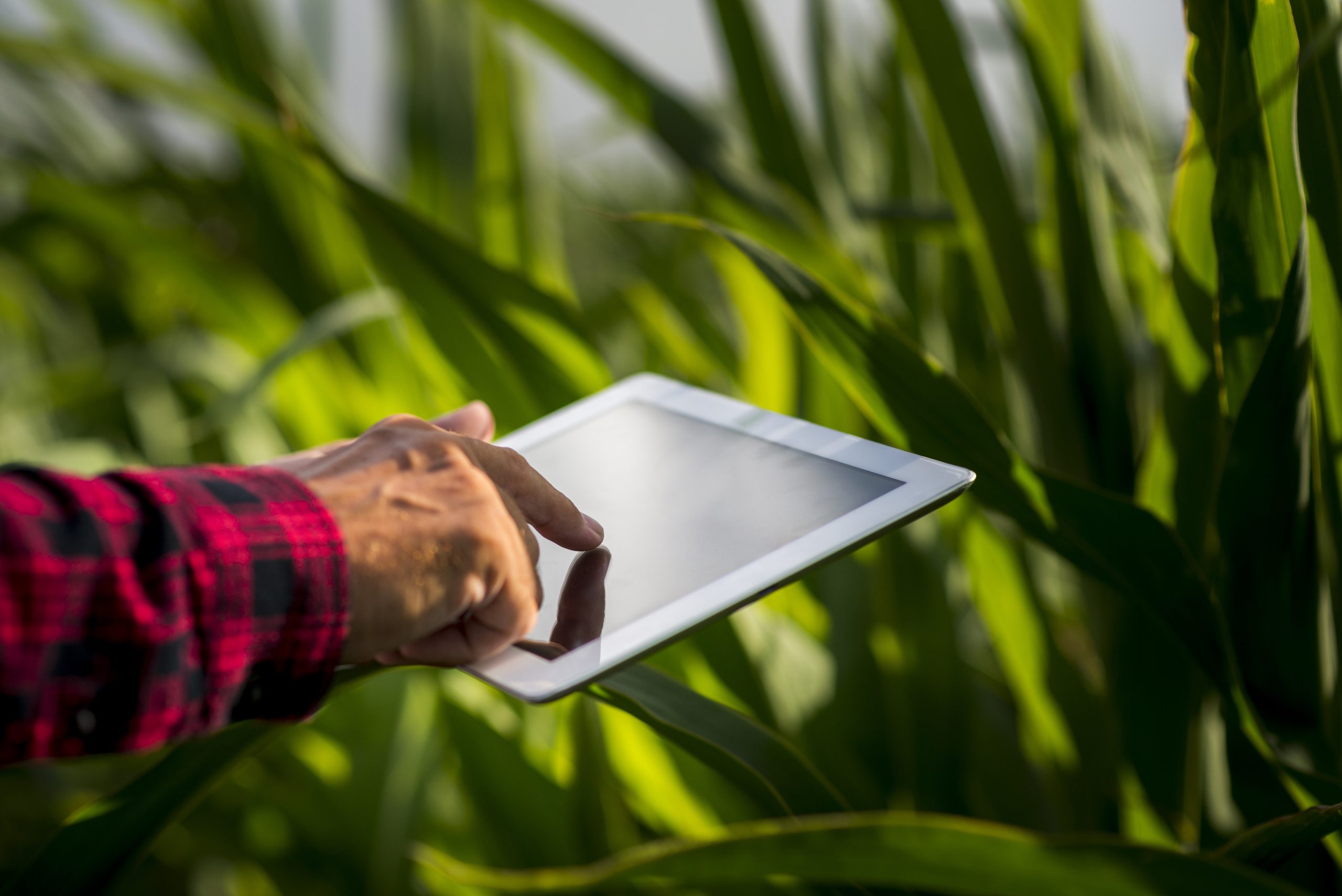Farm Management System: Streamlining Operations and Improving Productivity
Farm management system is very critical in today’s fast-paced agricultural industry. Without it, farmers face numerous challenges in managing their operations efficiently and maximizing productivity. The technology has emerged as a powerful tool that enables farmers to streamline their operations, optimize resources, and make data-driven decisions. This blog post will explore the benefits of farm management software and how it revolutionizes the way farmers plan, monitor, and manage their farms.
Enhanced Planning and Resource Allocation With Farm Management System :
Farm management software empowers farmers with robust planning capabilities, allowing them to optimize resource allocation for increased productivity. With advanced features like crop planning and rotation, farmers can strategically schedule planting and harvesting activities, ensuring efficient utilization of available resources. Additionally, software tools facilitate tracking and management of inputs such as fertilizers, pesticides, and irrigation, minimizing waste and reducing costs. By accurately forecasting demand and analyzing market trends, farmers can make informed decisions about crop selection and optimal resource distribution.
Streamlined Data Collection and Analysis:
Gone are the days of manual record-keeping and data entry in farming operations. Farm management software simplifies data collection and automates the process, eliminating human errors and saving valuable time. Farmers can input data related to field activities, weather conditions, crop yields, and livestock health, among others, using mobile devices or connected sensors. This real-time data is then stored in a centralized database, enabling easy access and analysis.
With powerful analytics tools, farmers can derive actionable insights from the collected data. They can identify patterns, detect potential issues, and make data-driven decisions to optimize their farming practices. Whether it’s monitoring crop growth, predicting disease outbreaks, or managing livestock performance, the software provides farmers with valuable information for proactive decision-making.
Efficient Inventory and Supply Chain Management:
Farm management software streamlines inventory management, helping farmers maintain optimal stock levels while minimizing waste and financial losses. By accurately tracking inputs, farmers can plan their purchases, ensuring they have the necessary resources available at the right time. This avoids overstocking or understocking, reducing costs and preventing delays in operations.
Furthermore, the software facilitates seamless integration with supply chain partners, including suppliers, distributors, and retailers. Farmers can streamline their procurement processes, track shipments, and manage contracts more efficiently. This integration improves overall transparency and enables better collaboration among stakeholders, leading to smoother operations and improved profitability.
Remote Monitoring and Control via Farm Management System:
Farmers can remotely monitor and control various aspects of their operations through farm management software. With the help of sensors, drones, and connected devices, they can gather real-time data on soil moisture, weather conditions, equipment performance, and livestock behavior. This allows farmers to make timely adjustments and take preventive measures, improving overall productivity and minimizing losses.
Additionally, remote control features enable farmers to automate tasks such as irrigation, feeding, and pest control. They can set up schedules, define parameters, and let the software handle routine operations. This not only saves time and effort but also ensures consistent and accurate execution of tasks.
Conclusion:
Farm management system offers a comprehensive solution for modern farmers to streamline their operations and enhance productivity. By leveraging advanced planning capabilities, data analytics, efficient inventory management, and remote monitoring, farmers can make informed decisions, optimize resource allocation, and mitigate risks. Implementing farm management software enables farmers to harness the power of technology, improving the sustainability and profitability of their farms. Embracing these digital tools paves the way for a more efficient and sustainable future for the agricultural industry.


Any comments?